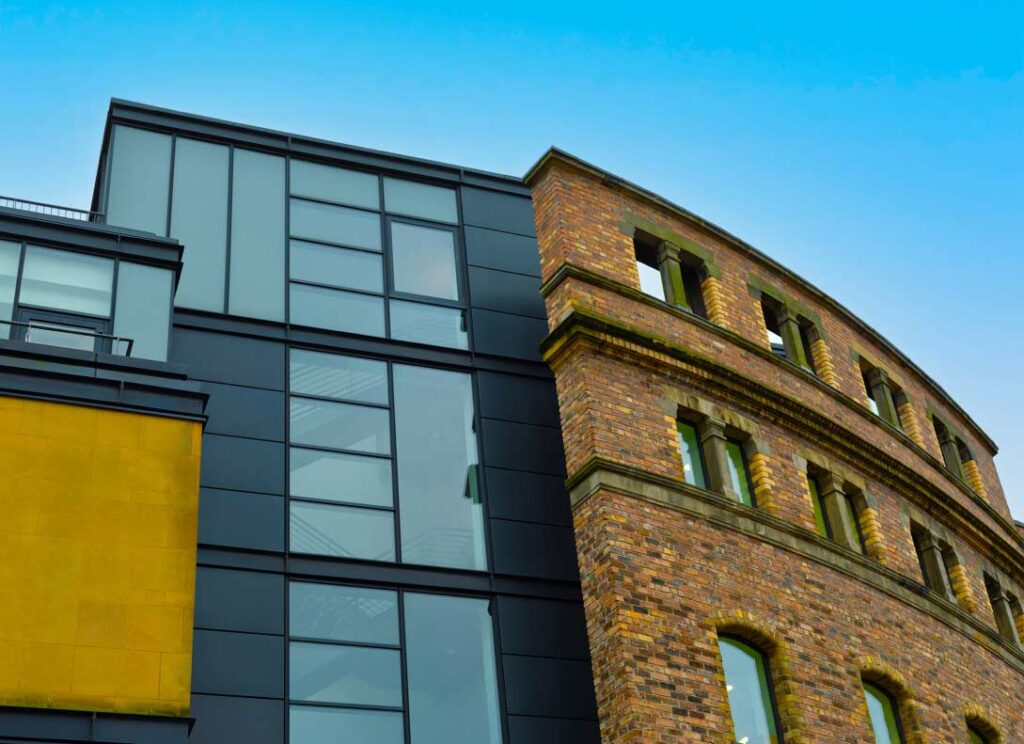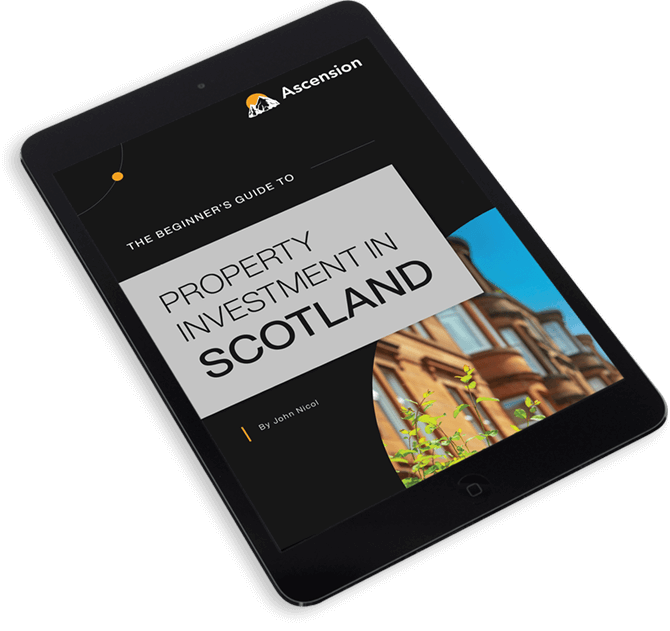There’s no question about it – the property market remains as buoyant as ever.
The continuing housing shortage coupled with many landlords exiting the market means new investors are rushing in to fill the gap. Through recent events such as the pandemic, property as an investment has reinforced its ‘safe as houses’ image.
As an experienced property professional, I’m often asked if you should leave money in property when investing. The answer is more than a simple ‘yes’ or ‘no’ so I’m going to explain my take on this and why it’s important.
***Important*** I am not a qualified financial adviser and this blog is for information only. I would urge you to always seek advice from an Independent Financial Adviser before proceeding with a property purchase.
Plan ahead
Whether you want to leave money in property or not, it’s best to plan ahead, and that means getting the best deal. Doing your homework and your due diligence can mean buying below market value – which ultimately gives you more to play with.
Planning ahead might mean a little more initial outlay than you originally thought, such as engaging the services of a property sourcer, so be sure to include this in your acquisition costs.

You may want to do all the work yourself and save money, but if you’re new to property investment then it’s important to have access to the wide network of contracts that property professionals will have.
An estate agent will know what’s on the market, but a property sourcer can be one step ahead and inform you about up-and-coming opportunities where you can get in on the ground floor and buy below market value.
Remember, your property is an asset
Your property is an asset which will appreciate in value, so you need to be careful not to turn it into a liability. Always be aware of the possibility of negative equity which can occur when you take too much of the property’s value.
There is also a temptation with some investors to use their property as a piggy bank. Having secured an interest-only mortgage and seeing your property’s value appreciate, the lure of a new car or exotic holiday can be irresistible.
I get that this may be a particularly attractive prospect after all those lockdowns, but you need to ask yourself if it makes good business sense.
At the end of the day it’s your money and your decision, but I’d always urge you to be fully informed before you make it.

Learn how to add value to the property
When you want to leave money in property, it’s important to consider how you are going to use the money you take out.
If you’ve managed to source a property below market value and can include strategic improvements in your refurbishment costs, you’ve hit the ground running. With the right advice from the right people, you can fully realise the potential in a property.
An extra bedroom or attic conversion may be added, greatly increasing the prospective resale value. When you want the very best opportunity to maximise your investment, it’s wise to seek advice on the best way to go about it. (This blog features some great tips!)
Next steps
Now that you’ve added value to your property, you can look at your next steps. This is the point where you can begin to draw equity from the property. Let’s take a typical scenario of a buy-to-let:
Having added an extra bedroom, you can now increase your income stream. Your tenants should be ready to move in once the property is in walk-in condition and you can now begin to start earning passive income in the form of rental.
With a little patience, a period of as little as eight months can see a significant rise in the value of the property, meaning that you can refinance and, well, do it all over again!
Advice from a property professional

Always remember to do your due diligence when building your power team. Surrounding yourself with effective allies such as a solicitor, property sourcer, estate agent and letting agent means that you can take your next steps in confidence.
As a general starting point, leaving at least 10% of the value guards against negative equity and gives you a reasonable safety margin to work with. However it very much depends on individual circumstances whether this will be appropriate for you.
Proper planning and effective organisation are both absolutely essential to property investment and going into it without the benefit of extensive experience and a good team at your back can be a recipe for failure.
If you’ve managed to buy below market value and then increased the potential equity with strategic improvements, when it comes to refinance you’ll really see the benefits. You can then take money out of the property and proceed with your next venture.
Just remember to avoid the lure of instant gratification. A new car will start to depreciate as soon as it leaves the showroom. Property, however, is worth the wait.
In conclusion
Thanks for reading. I hope I’ve managed to shed some light on the subject of when to leave money in property and when to take it out. With the right advice and planning, good property investment can really help to grow your wealth.
I’m a great believer in being fully informed before making any decisions around property investment, so if you’d like to chat about any of the things I’ve talked about in this blog, do please get in touch. Initial consultations are free and without obligation.

Written by John Nicol
Founder, Ascension Property Investments
Get in touch on 01383 603091 or email me via [email protected]





